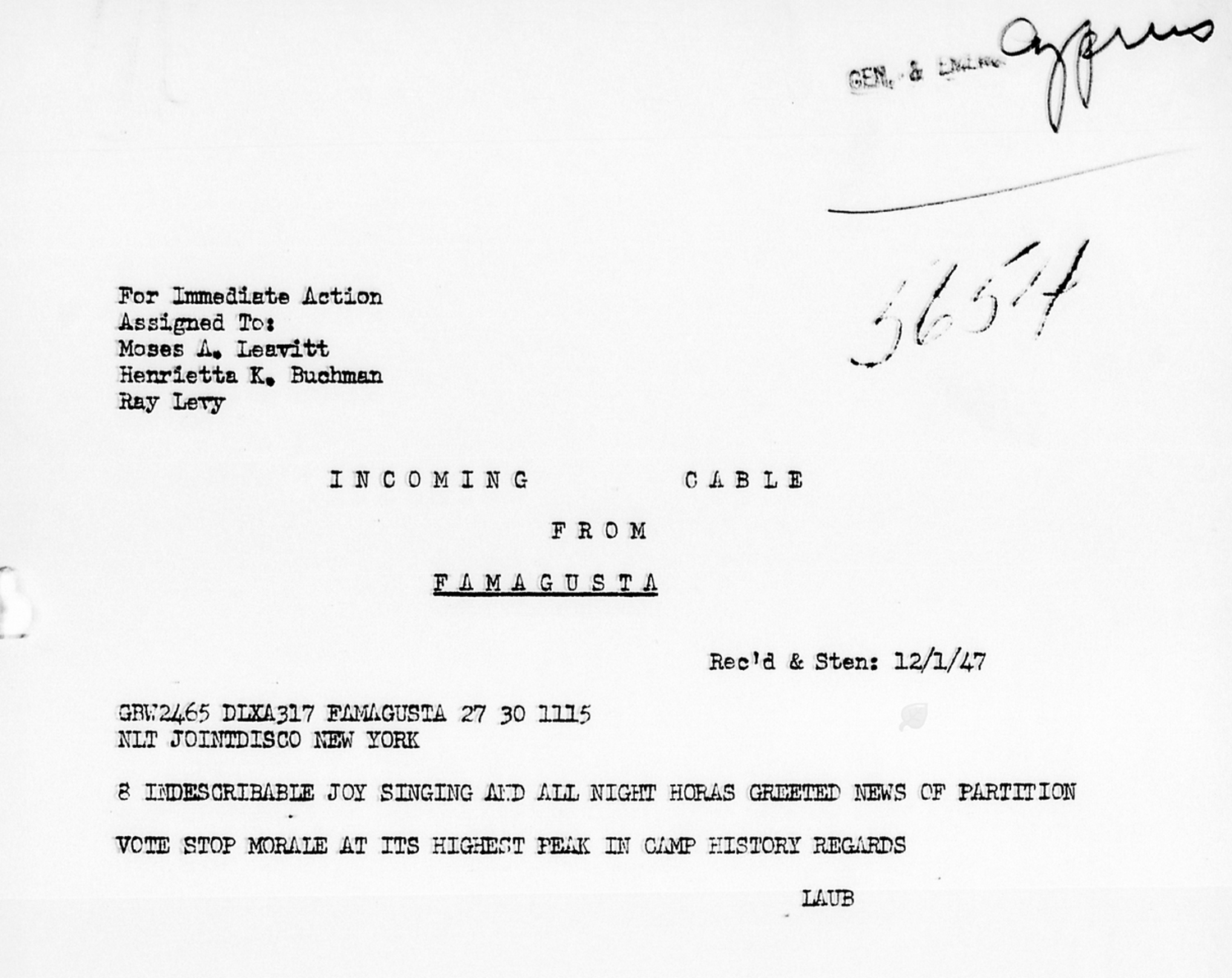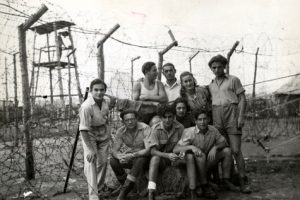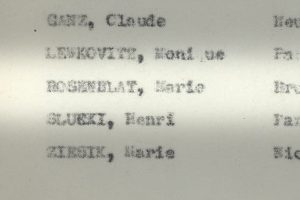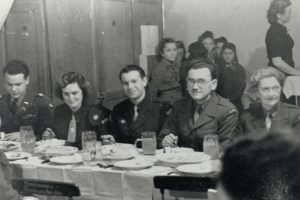
Learning More about the Children of Cyprus
Genealogical resources available in JDC’s Cyprus Collection
During the summer of 1946, the British Mandate in Palestine had to address the problem of an increasing number of illegal immigrants. Most were Holocaust survivors who were trying to start a new life in a new country, only to encounter locked gates. The decision of the British authorities was to send the people trying to enter Palestine illegally to internment camps that they established in Cyprus. The conditions in the 12 camps were extremely difficult, with overcrowding, poor sanitation, and harsh weather. In total, the camps held more than 50,000 people, among them many youngsters, most of them Holocaust survivors.
This was where the JDC came into the picture. With the permission of the British authorities who knew the organization from Europe, the Joint sent staff to Cyprus and was able to supplement services, providing for most of the detainees’ needs, including welfare and medical aid as well as extra food rations, education and livelihood.
Following the establishment of the State of Israel, the interned refugees were able to finally make their way to Israel.
Many of the women arrived pregnant, or married and had children during their stay in Cyprus. In total, more than 2,000 babies were born in the camps. A large number of these children came to Haifa on what is known today as “the babies’ ship” on November 28, 1947. Today, these babies have reached their 70’s. In the past few years, many individuals who were interned in Cyprus have begun looking for their stories and roots. Their research has led them to materials held at the JDC Archives in Jerusalem.
The JDC Archives Cyprus Collection includes documents containing information about the operations of the JDC in the Cyprus camps and correspondence with the British hospital in Cyprus, including lists of Jewish births. These lists cover only the final months of the detention camps, August 1948-February 1949. They record more than 500 births and include date of birth, sex, mother’s name, and camp number. An active partnership between “Irgun Yotzey Kafrisin” (the Cyprus Emigrants’ Organization) and the Archives has also been established. This collaboration has included a presentation at the organization’s 2017 conference. Renewed interest in this subject has led to many research questions and requests concerning personal and genealogical information.




